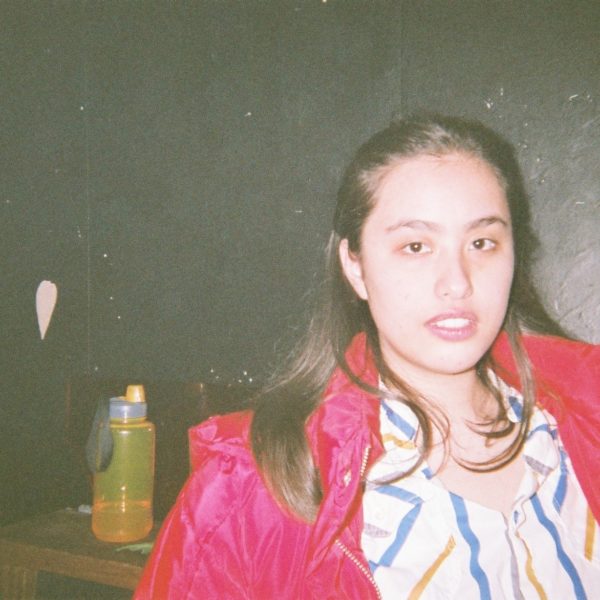25 October 2019
Meet the 2019 Deakin University Nonfiction Prize shortlist – Olivia De Zilva

Olivia De Zilva, 23, SA
Let’s Eat食飯!
How did you begin writing?
I was super shy when I was young, so I turned to writing to express myself. I had the craziest ideas that I could never say out loud, so writing them down always made me feel like I was giving something to the world. Once I started getting older and reading little kids’ magazines, I became obsessed with creating my own and would just fold pieces of paper together to make personalized Total Girls or K-Zones. There wasn’t a blank surface around the house because of all my little drawings and columns. From an early age, (mostly due to my Mum’s influence), I was in love with celebrities in the magazines. My kids’ magazines slowly became more like tabloid gossip and I was super fascinated in creating stories and backgrounds for the celebrities I’d draw in biro. Nicole Kidman had never been so scandalous! I took this fascination with me to University and funnel pop culture intertextuality into my degree; I’ve written stories and poems about my real life involving Scientology, Taylor Swift and Paul Simon…the list is really endless. I think if I’m writing still in fifty years, my work would have to incorporate popular culture somehow. It’s really what shaped my writing into who I am today.
Why do you write non-fiction?
Teachers have always told me to write what I know. That advice doesn’t always work for everyone, but I’ve found it useful when navigating the stories I want to tell. I’m honestly not very imaginative when it comes to fantasy or science-fiction, so I decided to draw more on my own experiences when it comes to writing. I just think that in my voice, it sounds more authentic.
Tell us about your submission to the Deakin University Non-Fiction Prize:
My story is an ode to my wonderful family, (shout-out to the Chans from O’Halloran Hill), who taught me everything I need to know. When I started writing it, I got really emotional reminiscing about all of the memories that breathed through the walls in that very special house
Let’s Eat basically details our real life – there’s nothing unfiltered there – it’s just us, the way we lived, spoke and interacted with each other. It’s autobiographical to our experiences as migrants in Adelaide and how we adapted to the suburban mundanity of a small town as opposed to the skyscrapers and politics of Hong Kong. It’s about the liminality between two homes and two cultures, which I think is pertinent given the events occurring in Hong Kong right now.
Why did you choose to write on this subject?
I met a hitch in my writing where I would produce stuff that was kind of inauthentic. I was thinking about my family and their zany sayings and idiosyncrasies and I was like, oh, I gotta record all of those down before I forget! Then after I wrote it all down, I basically had a story. For me, family is everything and I wanted to give back to them with this piece.
What’s the best piece of writing advice you’ve ever received?
My honours supervisor said, ‘don’t over egg your omelette’, which basically means less is more. I used to have so many chunks of words I didn’t need or didn’t add to anything in my stories, so he just said cut back and you’ll feel less constrained in your writing. Also, to appropriate the wise words of Ariana Grande, “just keep breathin and breathin and breathin.” I deal with a lot of anxiety when it comes to my work, so to just breathe and take a step back always helps.
Who are some of your favourite non-fiction writers?
I think Alice Pung and Sally Morgan are two great Australian writers who explore issues of family and liminality. Though not strictly an author, Jens Lekman, a Swedish singer-songwriter who creates these whimsical, yet melancholic songs has probably been my biggest inspiration when creating non-fiction. He can write about a postcard to a friend or an old Holden and make the story captivating and personal. He takes these everyday things from life and makes them beautiful and that’s something I’ve always really appreciated in music and writing.



